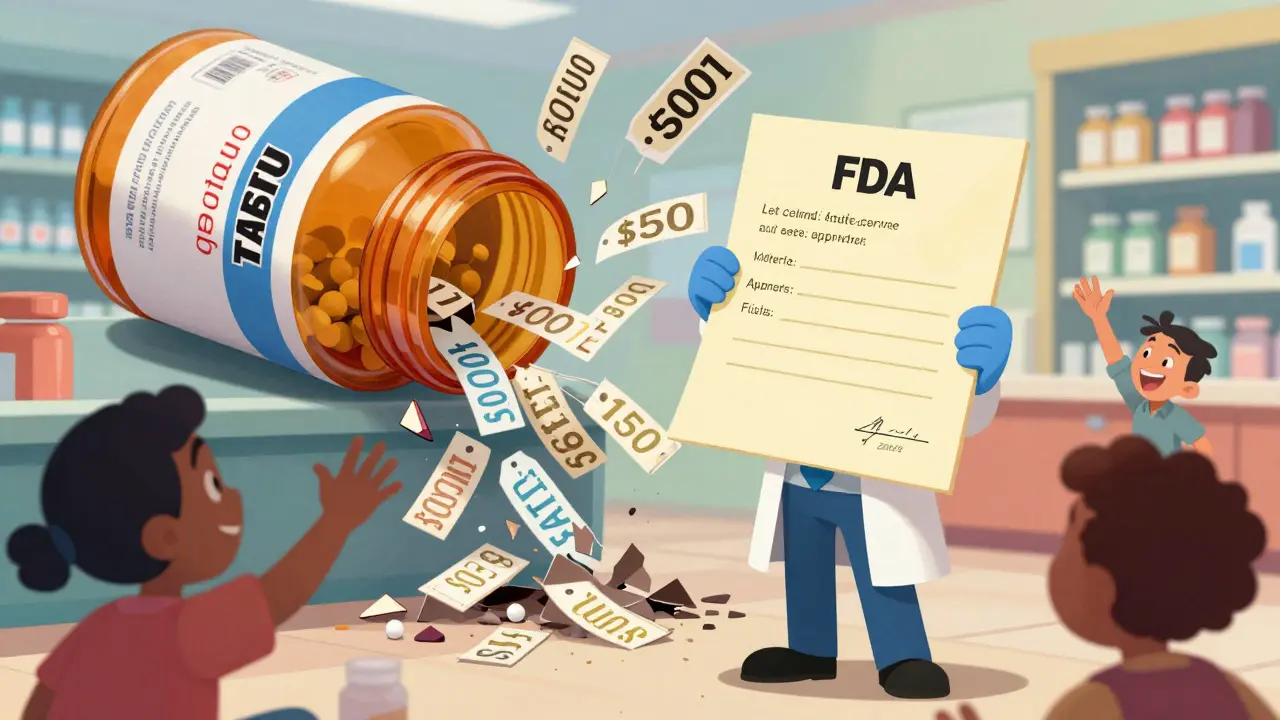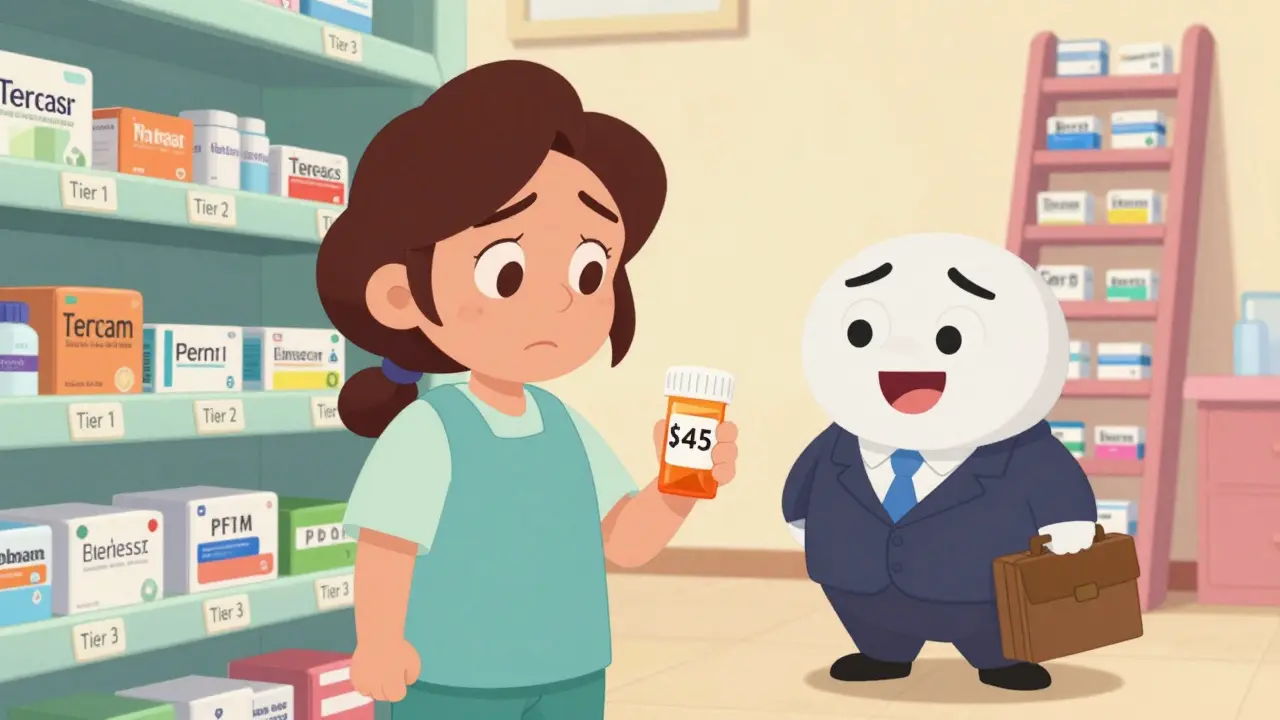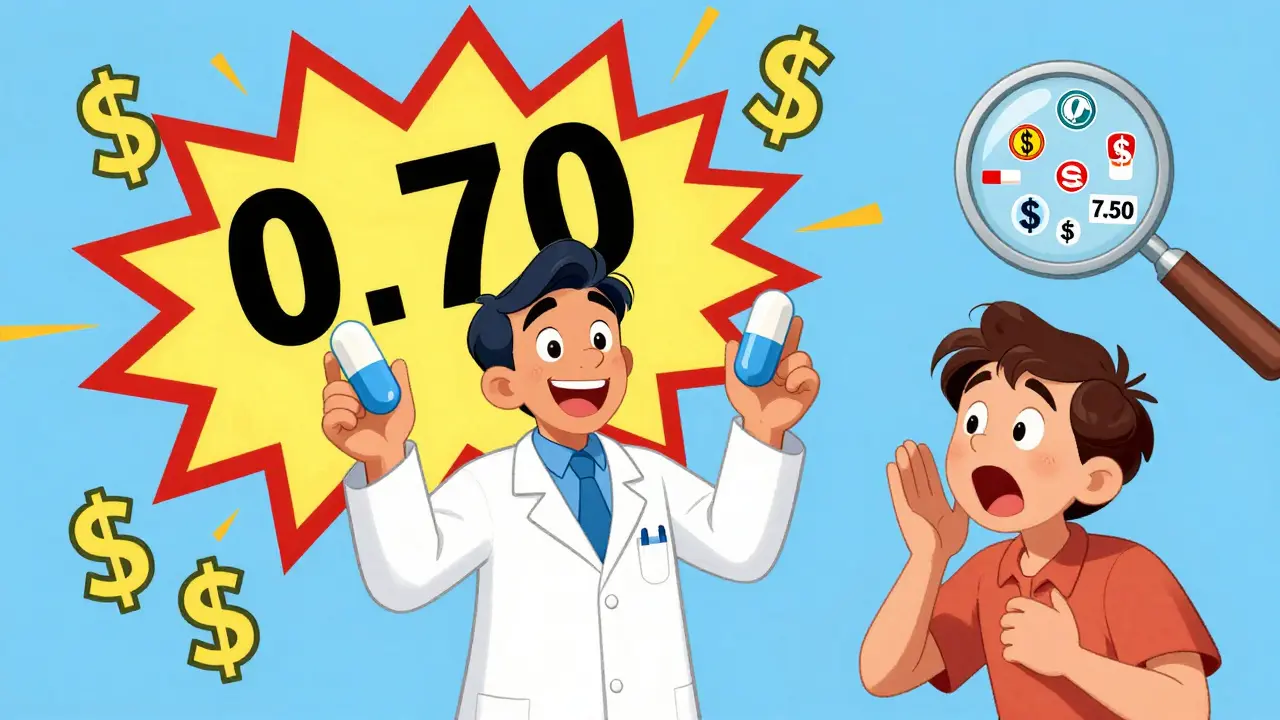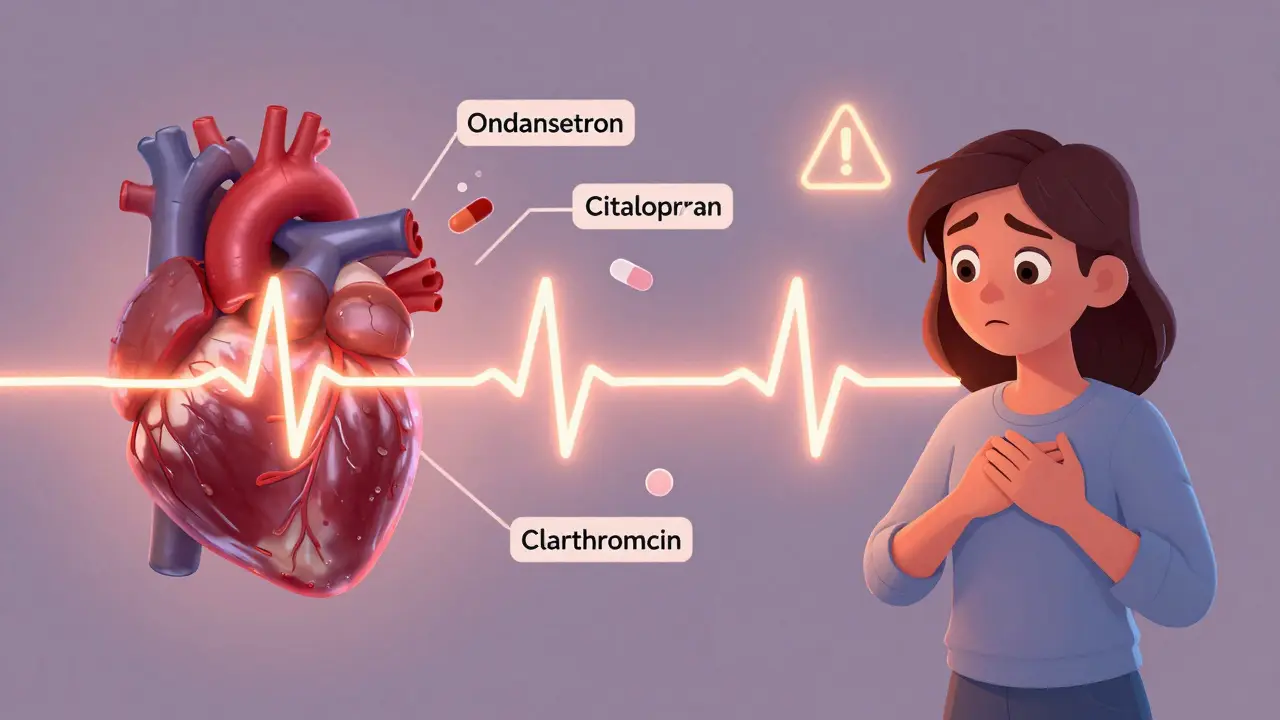Medications — Clear Guides, Safer Choices, Real Tips
Want straight answers about drugs without the jargon? This category is where you find practical, readable guides — from Metformin and blood pressure pills to inhalers and antibiotics. I focus on what works, when to ask for an alternative, and what safety checks matter. Read a quick article for the specific drug or browse lists of alternatives when you want options fast.
Articles here explain how each drug works, common side effects, and who should avoid it. For example, you'll read about Metformin and cardiovascular safety, hydrochlorothiazide substitutes for blood pressure and swelling, and inhaler options if ProAir isn't right for you. Each post names clear alternatives, what to expect, and when a switch needs a doctor's supervision.
How to pick the right medication
Start by matching the drug to your main goal: lower blood sugar, control blood pressure, or reduce inflammation. Check four things: effectiveness, safety for your heart and kidneys, common side effects, and how it fits into your daily life. If cost or access is an issue, look at practical alternatives and talk about generics. Use our articles to compare options side by side and note the studies or guidelines we mention so you can discuss them with your clinician.
Don't confuse "natural" with "safe." Some supplements and herbal options can interact with prescriptions. When an article suggests a supplement — like gamma oryzanol for performance or herbal options for antibiotics — we also list known interactions and typical dosing so you can bring specific questions to your provider.
Safety checks and questions to ask
Before switching or starting a drug, ask these: Why this drug over others? What are the serious risks? Do I need blood tests, EKGs, or kidney monitoring? How soon should I expect benefits and side effects? Also ask about dose adjustments for age or kidney disease. If you get conflicting advice online, bring our article summaries to your appointment to keep the conversation focused.
We also cover access and availability. Some drugs — like sevelamer for kidney disease or niche antibiotics — can be hard to find or expensive. Our pieces offer tips on patient assistance programs, generic alternatives, and ways to talk to pharmacists about cost-saving options. For chronic conditions, monitoring plus dose tweaks often beat chasing the newest drug headlines.
Use this category as a starting point. Read the specific posts for detailed alternatives and scenarios, bookmark ones that match your condition, and print the quick question list before clinic visits. If something sounds risky or unclear, ask your prescriber for written instructions and a backup plan for side effects. Smart medication choices come from clear info and a good talk with your care team.
Search by condition or drug name and use our filters for 'alternatives,' 'safety,' or 'cost.' Bookmark comparison charts and print the 'Questions to Ask' checklist before appointments. Check patient-assistance links in articles if cost is a problem. For urgent side effects, contact your provider or seek emergency care right away. Stay informed and bring notes to every visit easily today.










